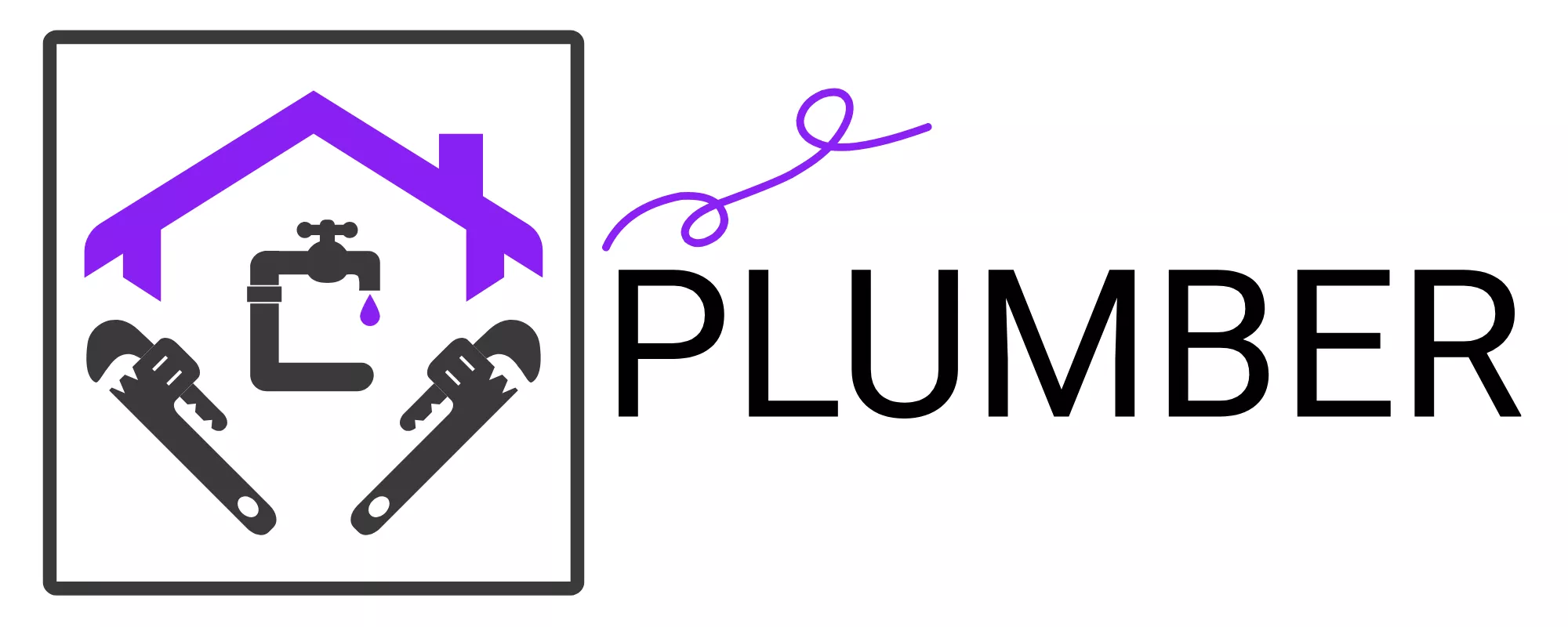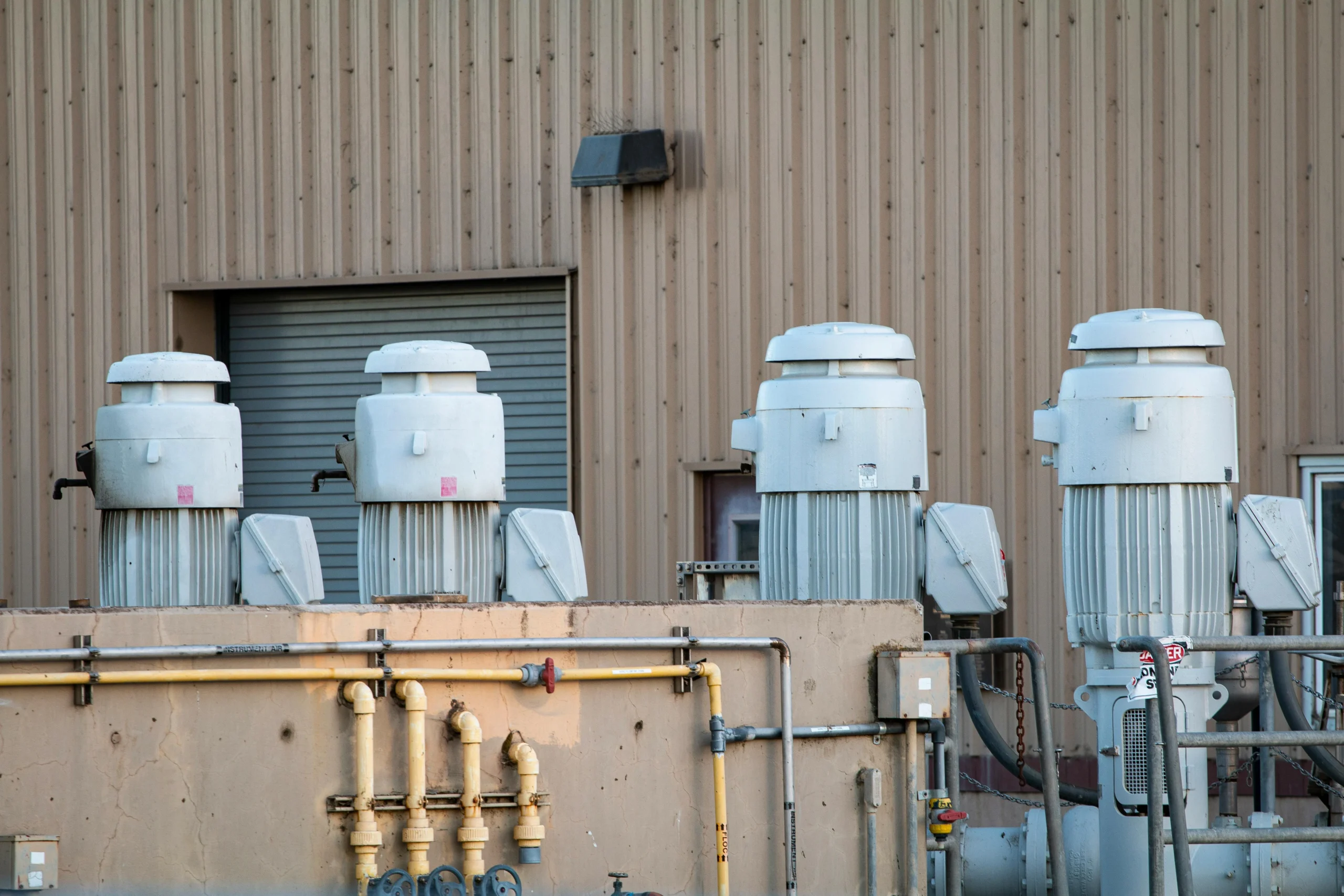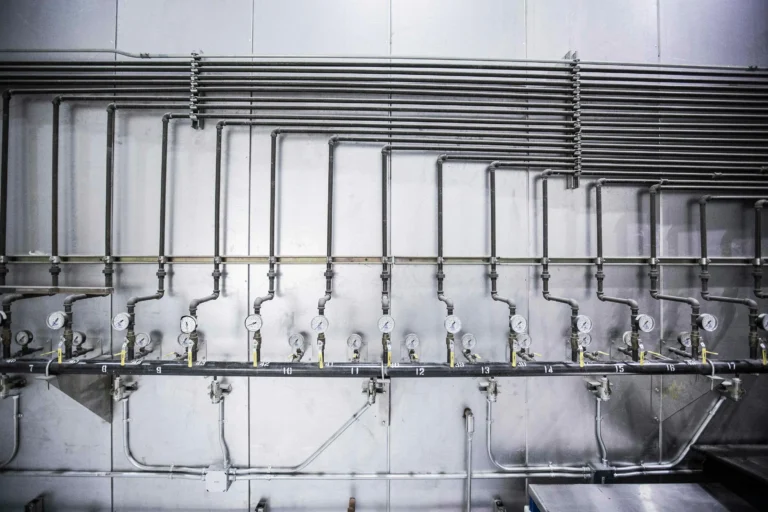How to Prevent Plumbing Issues in Commercial Buildings – A Complete Guide
Introduction
Plumbing systems in commercial buildings work much harder than those in residential properties. From offices and shopping centers to hotels and restaurants, commercial plumbing handles high water usage every day. Any plumbing failure can cause serious disruptions, expensive repairs, and even business downtime.
The good news? Most plumbing problems in commercial buildings can be prevented with regular maintenance and proper preventive measures. In this guide, we’ll explore the best strategies to keep your plumbing system in top condition.
1. Schedule Regular Plumbing Inspections
The first step in preventing plumbing problems is to identify issues before they escalate. Professional plumbers can inspect:
- Water pressure and flow rate
- Signs of leaks or corrosion in pipes
- Functionality of toilets, sinks, and faucets
- Condition of water heaters and boilers
Pro Tip: Schedule inspections at least twice a year to catch early warning signs.
2. Educate Staff on Proper Usage
Many commercial plumbing problems are caused by improper use. For example:
- Flushing non-flushable items down toilets
- Pouring grease and food waste into kitchen sinks
- Ignoring minor leaks or drips
Providing training and posting visible signs in restrooms and kitchens can reduce misuse and keep the system running smoothly.
3. Install Water-Saving Fixtures
High water bills and excess strain on the plumbing system often result from outdated fixtures. Upgrading to:
- Low-flow toilets
- Sensor-based faucets
- Water-efficient urinals
…not only reduces utility costs but also minimizes the wear and tear on your plumbing infrastructure.
4. Maintain the Drainage System
Blocked drains are a common problem in commercial buildings. Preventive measures include:
- Using drain strainers to catch debris
- Regularly cleaning grease traps in commercial kitchens
- Avoiding chemical drain cleaners that can damage pipes
- Scheduling professional drain cleaning every 6–12 months
5. Check and Maintain Water Heaters
Commercial buildings often rely on large-capacity water heaters. Neglecting maintenance can cause:
- Inconsistent hot water supply
- Energy inefficiency
- Premature equipment failure
Maintenance Tips:
- Flush the tank annually to remove sediment buildup
- Inspect heating elements and thermostat settings
- Ensure compliance with manufacturer’s service guidelines
6. Monitor Water Pressure
Excessive water pressure can cause stress on pipes and fixtures, leading to leaks and bursts. Conversely, low pressure may indicate a blockage or leak.
- Install a water pressure regulator
- Maintain pressure between 40–80 psi for optimal performance
7. Address Small Problems Immediately
A dripping faucet or slow-draining sink might seem minor, but these small problems often escalate into costly repairs if ignored. Always have a plumbing professional fix minor issues promptly.
8. Prepare for Seasonal Changes
If your commercial building is located in an area with cold winters, frozen pipes can be a major threat. Prevent this by:
- Insulating exposed pipes
- Keeping a steady indoor temperature
- Draining unused water lines in winter
In warmer months, check for expansion issues caused by heat and ensure cooling systems are not overloading the drainage.
9. Keep a Plumbing Maintenance Log
Document every inspection, repair, and replacement. This helps you:
- Track recurring issues
- Plan budget for future maintenance
- Provide records for insurance or compliance needs
10. Partner with a Reliable Commercial Plumbing Service
Having a trusted plumbing company on call ensures quick response times and quality repairs. Look for:
- Licensed and insured plumbers
- 24/7 emergency service availability
- Experience in handling large-scale commercial systems
Conclusion
Preventing plumbing issues in commercial buildings is all about proactive care. Regular inspections, proper staff training, upgraded fixtures, and quick action on minor issues can save you thousands in repairs and prevent business interruptions.
By partnering with a reliable commercial plumbing service and following a preventive maintenance plan, you can ensure that your building’s plumbing operates efficiently for years to come.
Remember: Prevention is always cheaper than emergency repairs.


